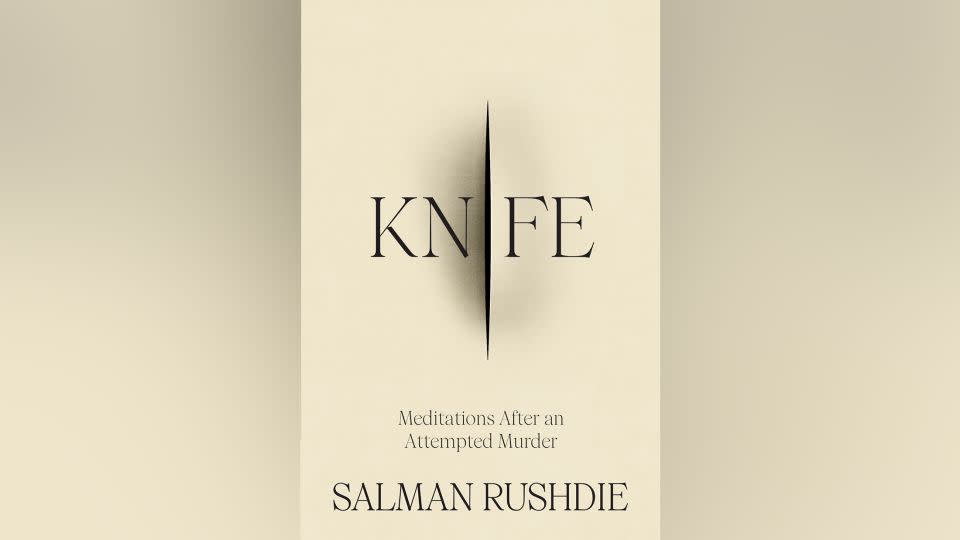Salman Rushdie to publish memoir on stabbing that left him blind in one eye
Salman Rushdie, the Indian-born novelist who spent years in hiding after Iran urged Muslims to kill him because of his writing, will publish a memoir on his 2022 stabbing in New York, book publisher Penguin Random House said on Wednesday.
Rushdie’s new memoir, “Knife: Meditations After an Attempted Murder,” will be published on April 16, 2024.
“This was a necessary book for me to write: a way to take charge of what happened, and to answer violence with art,” Rushdie, whose public appearances have been limited since last year’s attack, said in a statement released by the publisher.

Rushdie, 76, was awarded the “Freedom to Publish” award by the British Book Awards in May.
An attack onstage in August 2022, during a lecture in New York state left the British author blind in one eye and affected the use of one of his hands. His attacker, a Shi’ite Muslim American from New Jersey, has pleaded not guilty to charges of second-degree attempted murder and assault.
Rushdie released a new novel, “Victory City,” nearly six months after his stabbing attack.
Rushdie has long faced death threats linked to his fourth novel, “The Satanic Verses,” which was banned in many countries with large Muslim populations upon its 1988 publication over passages deemed to be blasphemous by some.
Rushdie spent years in hiding after Iran’s supreme leader at the time, Ayatollah Ruhollah Khomeini, pronounced a fatwa, or religious edict, calling upon Muslims to kill him.
While Iran’s pro-reform government of President Mohammad Khatami distanced itself from the fatwa in the late 1990s, the multimillion-dollar bounty hanging over Rushdie’s head kept growing and the fatwa was never lifted.
Khomeini’s successor, Supreme Leader Ayatollah Ali Khamenei, once said the fatwa against Rushdie was “irrevocable.”
For more CNN news and newsletters create an account at CNN.com
